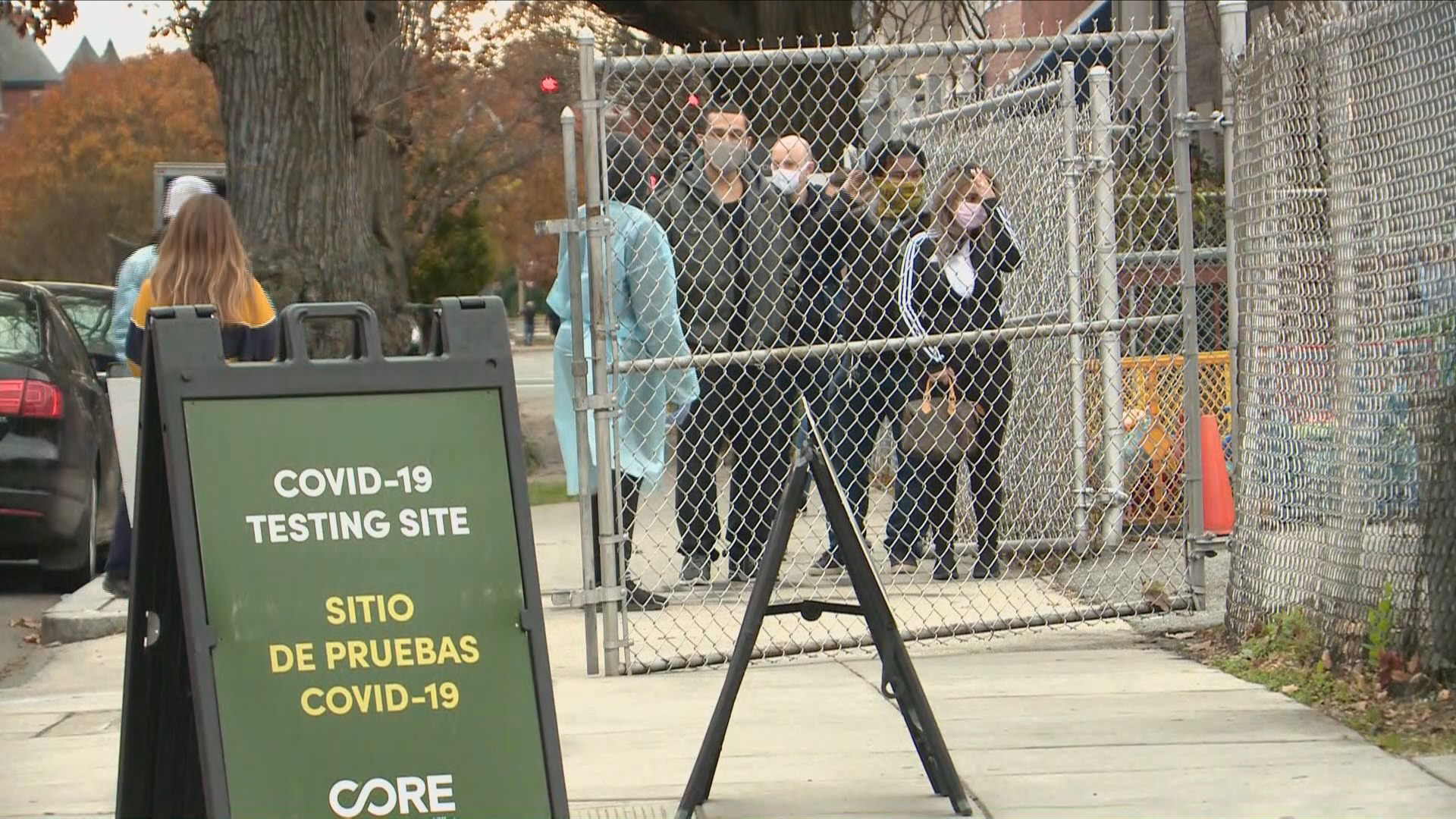WASHINGTON — D.C. Attorney General Karl Racine is trying to stop some online platforms from letting people sell fake, blank vaccination cards.
Attorney General Racine has joined 45 other Attorneys General in writing a letter to Twitter, eBay and Shopify, urging online retailers to stop giving a platform to those selling the fake cards.
People who buy the fake cards can have their own information added to the card so that they can falsify their own COVID-19 vaccination records, even though they have not actually received the shot.
“AG Racine is deeply concerned about these platforms being used to spread false and misleading information regarding COVID vaccines,” a spokesperson from the office sent as a statement to WUSA9. “Deceptive cards threaten the health of our communities, slow progress in getting people protected from the virus, and violate DC law.”
The letter asked the platforms to monitor their website and remove ads or links selling the phony cards. The Attorney General is asking the platforms to preserve records and information on people selling those cards.
If you come across any of these shady vaccination cards online, you can report them to OAG’s Office of Consumer Protection online at oag.dc.gov/consumer-protection or via phone at (202) 442-9828.
Earlier this month, the FBI received more than 28,000 complaints related to COVID-19, according to a Norfolk Divison Public Affairs Officer.
When it comes to avoiding scams related to COVID-19 and getting vaccinated, DC Health advises people to put their trust in official sites. The only sites you can currently get vaccinated through in the District are hospitals, clinics, pharmacies and doctors’ offices.
Across the DMV, always remember you should never be charged for the vaccine when you get it. Always be sure to check your medical bills and insurance explanation of benefits for anything suspicious and report any errors to your provider.
In addition, beware of unsolicited emails, calls or texts requesting your personal information no matter where they claim to be from and be on the lookout for misspellings or unofficial email addresses when someone does reach out.

